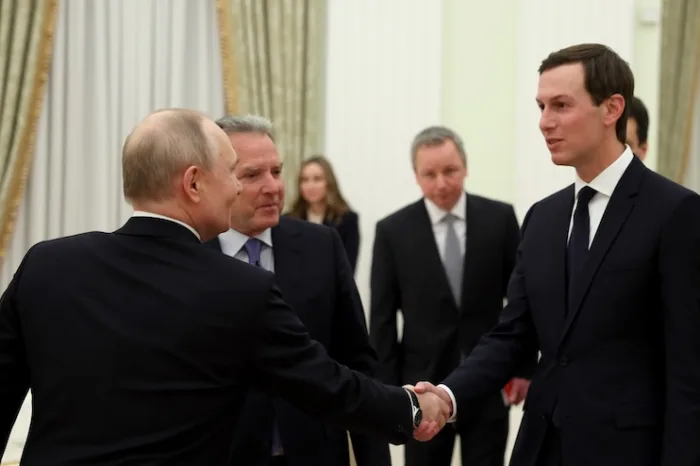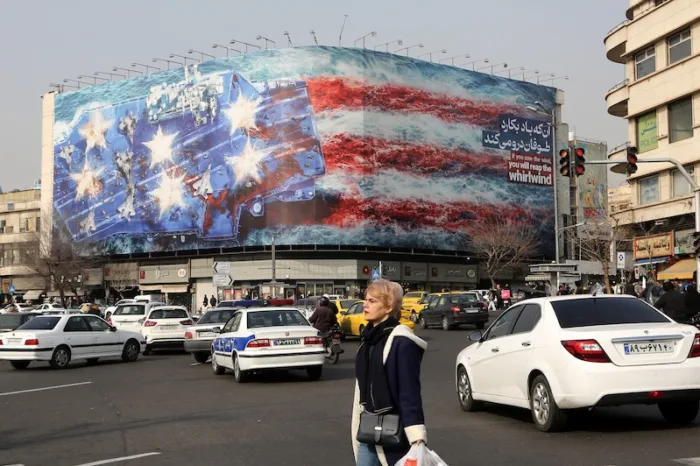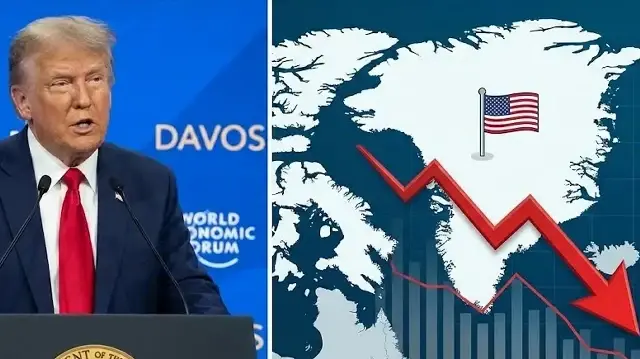Arab Spring: A flashback to past 10 years

Adecade has passed since the December 2010 self-immolation of Mohamed Bouazizi, a Tunisian street vendor who set off mass protests in the Arab world.
The wave of democratization, which began with the Jasmine Revolution in Tunisia, took down the authoritarian leaders of Egypt, Libya and Yemen. Whereas the uprising in Bahrain was crushed thanks to Saudi Arabia’s military intervention, Iran and Russia ensured the survival of Bashar Assad’s regime in Syria.
Millions of Arabs, who took to the streets and demanded dignity, human rights, freedom and democracy, were shunned by the United States and the European Union – and, ultimately, silenced by a counterrevolution orchestrated by the Gulf’s status quo regimes. Within less than three years, the Arab Spring had already turned into the darkest of winters.
The final nail in the Arab Spring’s coffin was the ouster of Mohammed Morsi, who became Egypt’s first democratically elected president in 2012, by Gen. Abdel-Fattah el-Sissi in July 2013.
Cairo, the single greatest capital of the Arab world, thus entered a dark and seemingly endless tunnel under its repressive government.
Whereas Tunisia barely managed to keep its revolution alive, thanks to Nahda leader Rached Ghannouchi’s wisdom and skill, civil war continues to haunt Libya, Syria and Yemen. In those countries, a stable and democratic government remains an elusive dream.
To be clear, Libya fared better than others. Thanks to Turkey’s 2019 decision to support that country’s United Nations recognized Government of National Accord (GNA), led by Prime Minister Fayez Sarraj, a political transition is already underway. The coup plotter Gen. Khalifa Haftar has been stopped from taking Tripoli and creating an authoritarian regime, yet the future is still unclear.
However, the fact that the authentic demand for democracy, deeply rooted in the socioeconomic dynamics of Arab societies, was crushed as Western governments kept their hypocritical silence is a sad reminder. Then U.S. President Barack Obama too disowned the flashy words he uttered about democracy at Cairo University some two years prior.
There is no doubt that the Arab revolts were corrupted shortly after their start and used to serve the interests of counterrevolutionaries. In retrospect, it is quite easy to identify those countries that benefited most from riots turning into civil war: the Gulf states, Iran and Israel, which would have been most unhappy about democracy in the Arab world.
Over the last decade, Israel scored major wins almost without lifting a finger. There is no Arab country left to stand in its way now, and it emerged as the anti-Iran bloc’s de facto leader with the help of U.S. President Donald Trump. Nowadays, the Arab rulers, who abandoned the Palestinian cause, are waiting in line to normalize their relations with Tel Aviv.
Iran, which has built a militia empire between Lebanon and Yemen, has been somewhat tamed thanks to the Trump administration’s “maximum pressure” policy.
The United Arab Emirates’ (UAE) greed not only divides the Gulf but also weakens the Arab world vis-a-vis Russia, Turkey, Iran and Israel. Having failed in Yemen, Saudi Arabia and the UAE waste their resources on anti-Turkish plots. In recent years, they lost Syria, Iraq and Lebanon, as their position has weakened in Libya. Israel’s protective umbrella won’t be enough to shelter them from Iran, as Tehran hopes to recover from its losses under the Biden administration’s watch. Let it be clear: Tel Aviv’s priority is to protect itself from Iranian proxies – not save others from them.
A decade later, Turkey undoubtedly remains the most prominent country in the post-Arab revolt period. Its experience with democracy served as an example for those riots, and the country’s post-2013 struggle and fresh moves since 2016 turned out to be a success story.
During that period, Ankara managed to foil countless attacks, despite having to shoulder the Syrian civil war’s burden in the form of terrorist plots and refugee waves. It also survived attempts to remove President Recep Tayyip Erdoğan and his Justice and Development Party (AK Party) from power, such as the Gezi Park revolts, the 2013 judicial coup and the 2016 coup attempt by the Gülenist Terror Group (FETÖ). More recently, Turkey took bold steps in Syria, the Eastern Mediterranean, Libya and Nagorno-Karabakh to boost its regional influence.
Erdoğan was the only leader to speak up against the international system’s unfairness in 2009, and he remains the only such leader today. The Arabs, therefore, continue to follow the Turkish experiment very closely.
Next month, Joe Biden will become America’s third president since the Arab revolts. The former vice president’s agenda is unlikely to have a democratizing effect on the Middle East and North Africa. At most, the U.S. will reinstate its nuclear deal with Iran to create a fresh balance of power among regional powers.
This article was first published by Daily Sabah on December 23, 2020.























